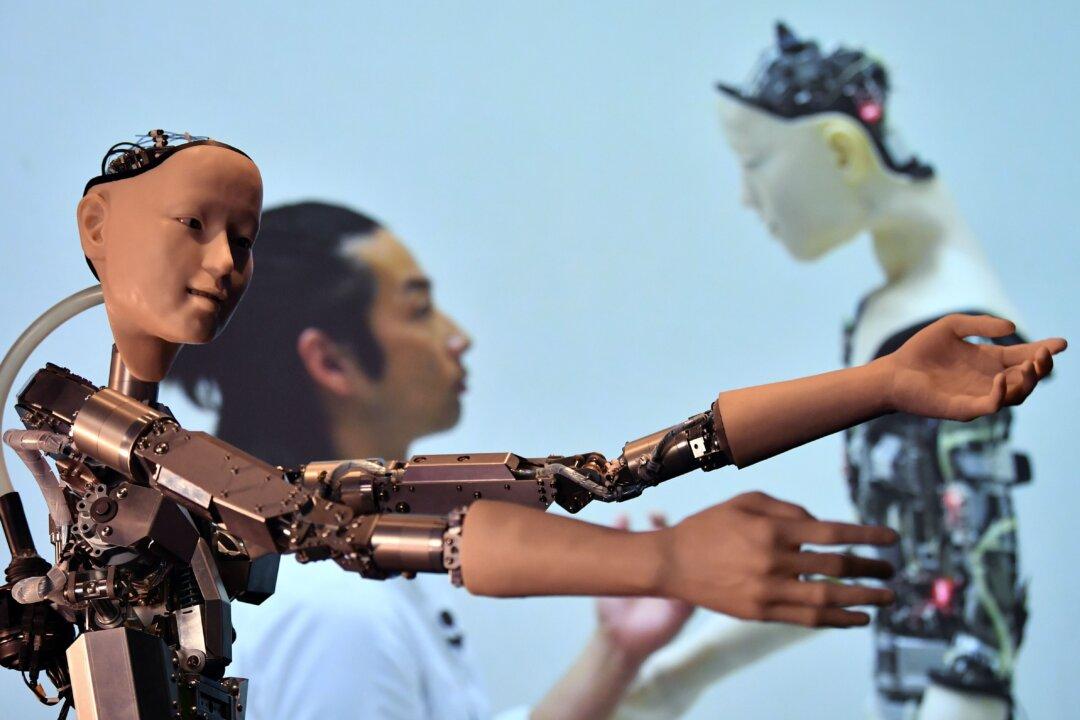The Chinese People’s Liberation Army (PLA) is largely dependent on computer chips designed by American companies for its progress in artificial intelligence (AI) technology, according to a new report by researchers at Georgetown University.
The authors of the study, published in June, analyzed 24 public contracts awarded by PLA units and state-owned defense enterprises in 2020, sifting through thousands of purchasing records to find out exactly how the Chinese military comes to acquire AI chips.




